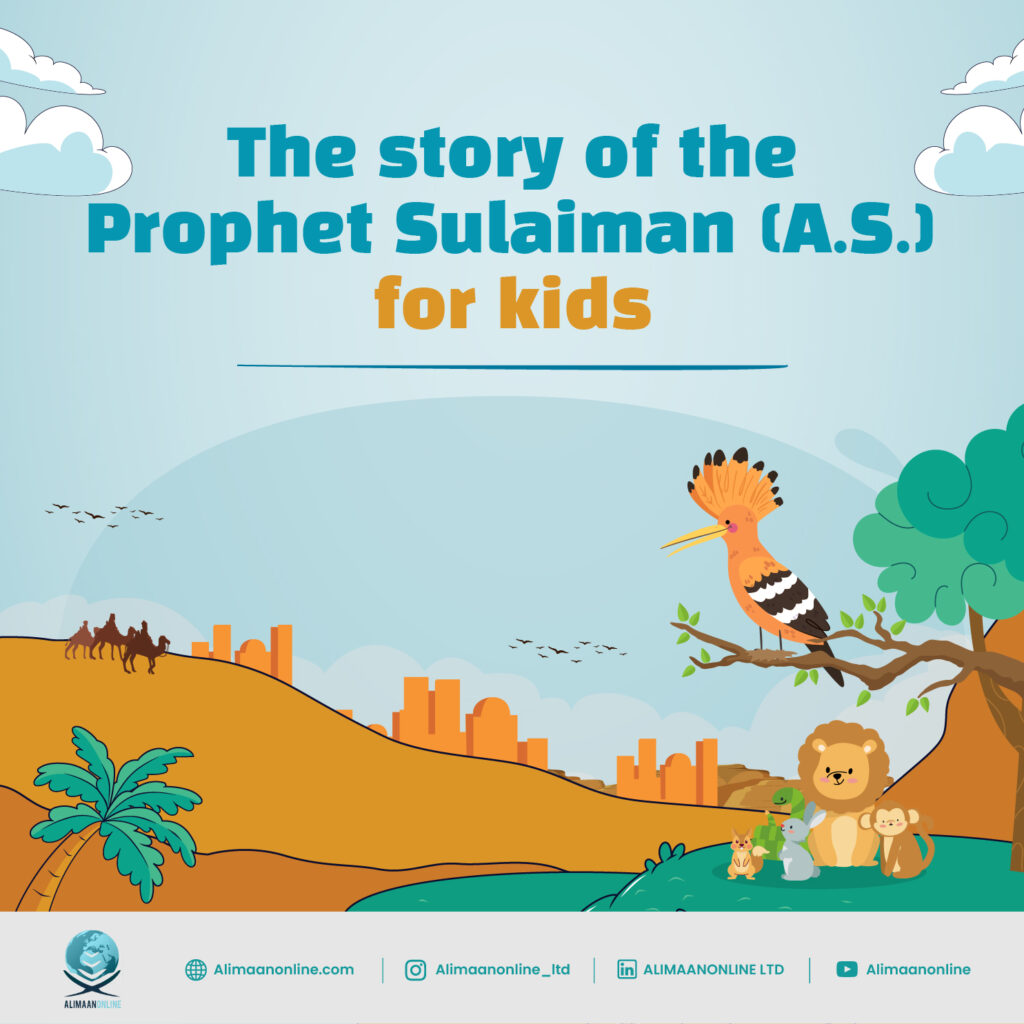The Story of the Prophet Sulaiman (A.S.) for Kids
The story of the Prophet Sulaiman (A.S.) for kids is a fascinating tale filled with wisdom, miracles, and valuable lessons. It offers a glimpse into the life of one of Allah’s most blessed prophets, who received extraordinary abilities and a kingdom like no other. Through this story, children can learn about the importance of justice, […]
The Story of the Prophet Sulaiman (A.S.) for Kids Read More »










